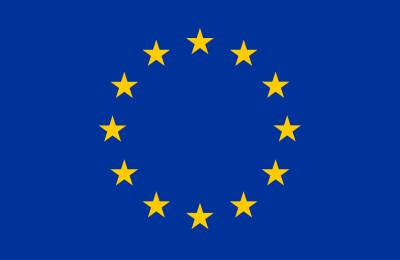Education cuts passed – universities go to court
Topical

Contact

Universities launch administrative law proceedings against wrongful cuts to starter and incentive grants
Today, the Senate approved the Ministry of Education, Culture and Science budget, signing off structural cuts of half a billion euros to higher education and science. Caspar van den Berg, president of Universities of the Netherlands: ‘This is a major blow to students, staff, and the Netherlands as a whole. It is inexplicable that a country that relies almost entirely on knowledge chooses to cut back on education, research and innovation so drastically, at a time when the Netherlands increasingly has to rely on itself both geopolitically and economically.’ This budget unilaterally breaks the administrative agreement on higher education and research signed by the Minister of Education, Culture and Science with universities in 2022. Several universities will therefore start challenging the individual funding decisions determined on the basis of the budget.
Contact

Major damage to economy and society
Universities need stable and adequate funding to move the Netherlands forward. Since the presentation of the framework coalition agreement, there has been a 10-month campaign against the cuts. At the end of November, 25,000 people convened on the Malieveld with a clear message to politicians: don’t do it! In recent weeks, protests have also resumed at many universities with a sequential strike. Actions have continued this week. Resistance has not only come from university students and staff: the business community, mayors, lawyers and health organisations have also pointed out how damaging the impact of the cuts will be on Dutch society and the economy. The legitimacy of some of the cuts has also been seriously questioned. Nevertheless, the Senate today voted in favour of the Ministry’s budget.
This puts universities in a tricky position. Due to the budget cuts, much scientific research will have to stop and degree programmes will disappear. The first reorganisations have already been announced in recent months and, unfortunately, things will not stop there. Universities will have to make difficult choices together about the range of degree programmes on offer, so that education remains accessible to all and meets the needs of society.
Legal action necessary
In 2022, universities concluded an administrative agreement on higher education and research with the Minister of Education, Culture and Science. In it, they agreed that the central government would provide 300 million euros a year for starter and incentive grants. At the insistence of the Minister, universities started awarding these grants almost straight away. The Minister instilled confidence in universities that these would be funded. Now that this is not happening, several universities will start legal proceedings against the funding cuts. At the very least Tilburg University and Radboud University will do so.
Van den Berg: ‘The Minister himself has admitted that this government has damaged the trust of universities, but he is still pushing ahead with these disastrous cuts. In any case, we believe universities are entitled to the promised 300 million euros a year. The Minister is not meeting his commitments under the administrative agreement. Many legal scholars are questioning the legal soundness of unilaterally breaking the agreement. This stands in the way of any future agreements between the government and universities. If the Minister does not go back on this, we will pursue legal action to restore trust in the government.’
Education and research unfairly vulnerable to cuts
Time and again, public investment in education and research proves to pay off for society many times over. Yet even under this government, education and research appear vulnerable to unexpected cuts. Van den Berg: ‘This is largely because the Netherlands Bureau for Economic Policy Analysis (CPB) wrongly views investment in education as consumptive spending rather than a profitable investment. It is high time for CPB to include this budget item correctly in its calculations of the financial implications of election programmes and coalition agreements.’


